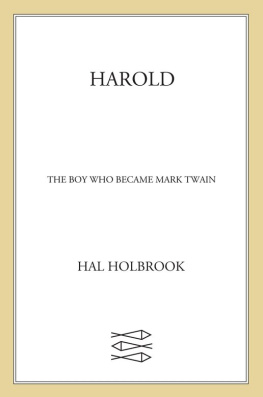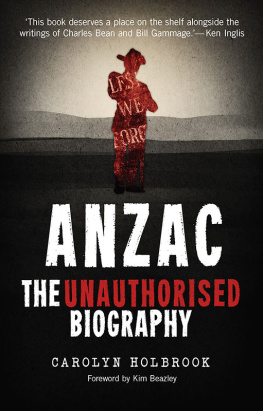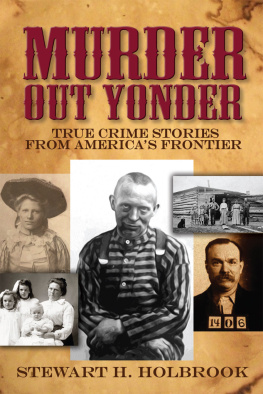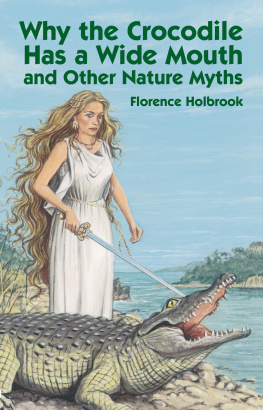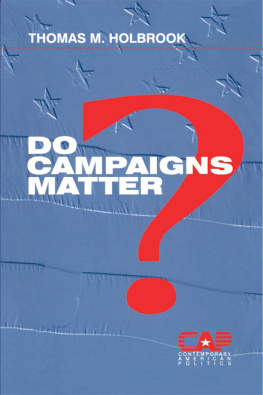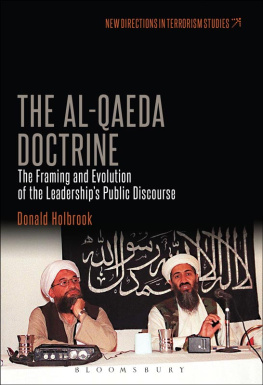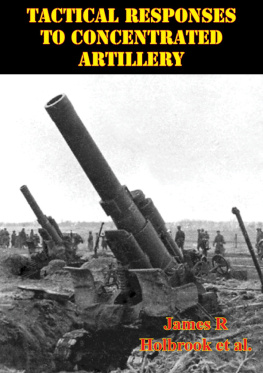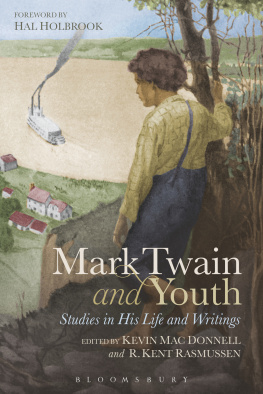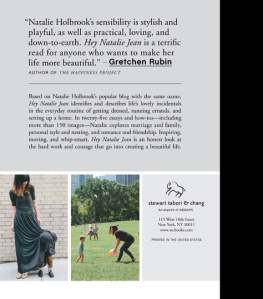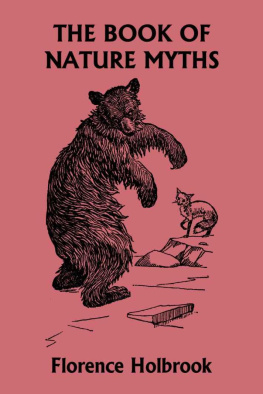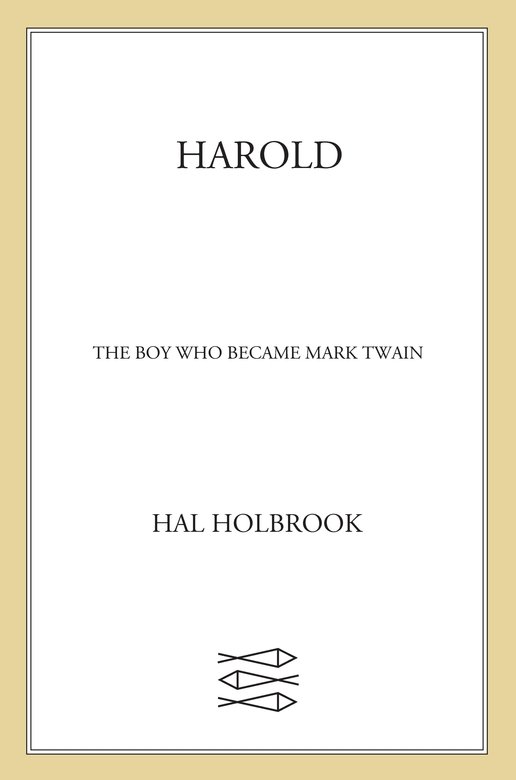
To those people who have helped me so much, thank you from my heart.
My teacher, Ed Wright.
Thomas LeBien, my editor at Farrar, Straus and Giroux, who has taught me how to put a book together and been my champion.
Billy Squier has taken dictation for every page and sent it back to me for revisions through the magic of electronic wizardry. His devotion to this projectand Joyce Cohens, my assistant and my friendwill never be forgotten by me.
Vernon Burton started the books journey to publication, and Phyllis Wender helped me early on. My pals Mark Dawidziak, who read some early chapters and greatly encouraged me, and Shelley Fisher Fishkin at Stanford University were always cheering for me. Mark and Shelley agreed to read Harold and offer their opinion, and so did Annie Potts, Woody Harrelson, Jack OBrien, and Robert Redford. Thank you from the heart.
Lovelady Powell (Lovey) and her accompanist, Bruce Mortonmy cabaret partnersand David Rounds, who engineered the feat of getting Ed Sullivan to our little nightclub. And thank you, Ed.
Bert Tanswell and Dick Corson and my dear friends from Denison University, Gordon Condit and Leah Ashbrook, who were so much a part of my early nurturingand so were Luke and Dixie Campbell Utter and her sainted mother, Dixie. Ev and GayReese, our constant supporters, and Ace Morgan, who lit a flame in me.
James B. Pond (Bim), son of Mark Twains lecture manager, Major Pond, who told me I should do the solo and people would book it. Ricklie Boasberg, my fairy godmother. Phil Pryor and Cliff Menz; Harry Byrd Kline.
Devon Duncan of the Holyoke Library gave such generous research assistance. Carlton and Jean Guild.
Klaus Kolmar has booked me as Twain for fifty-two years, mostly without a contract between us. Joe Keating stage-managed my show for six years, and Bennett Thomson toured with me for thirty-four. Now Rich Costabile, Kurt Wagemann, and Jim DAsaro are keeping it going. Harvey Sabinson and John Lotas, who got me onstage in New York.
And how can I properly thank my first wife, Ruby Johnston Holbrook? Our early career together was a shared one, and the success I have achieved goes back to her. My children, Victoria and David, had to sustain the stress and strain I put upon them, striving for success. Their contribution is beyond any measure.
My wife, Dixie Carter. Her kindness and beauty of soul, her belief that there was goodness in me and that it would thrive with encouragement, have been the gift of my life.
How do you sum up thirty-four years of living when there are fifty-two more on record? With luck, that could increase. What has been accomplished in this half a life and was it worth it? And would I go that way again? What about the crippled figures? The Headmaster, the Man with the bullet-hole hat? And the new one. Myself. Are they staring at me?
I see now that I was a crippled figure. No one approaches the halfway point in a life without regrets, even those who have been taught not to question themselves. We have the stain of regret in us and it will not rub out. Maybe the Headmaster had it, and the sergeant, and that casting director. For me they were the face of evil, but there are so many of them out there, you have to survive them and try to pass them by.
But what about me? The mind flows back along the road Ive taken. If I had it to do over, I would not give in to the harsh disciplines of my people and send my father back to the insane asylum. I would follow my own heart and let him go free, hit the road, live or die on it as June wanted him to do. They let him out of there a few years later, and he disappeared into the West. Our only umbilical cord was the postcard from Seattle or Sacramento or Tucson, but he didnt ask for money. Twenty years later I found him in a beat-up hotel on Mission Street in San Francisco and introduced him to hisgranddaughter, Victoria, who was singing in a bar on the corner of Haight and Ashbury.
My children. What a mess. I dropped the ball there, put them in a lifeboat of their own and let them drift off to sea while I was fighting it out with Harold to find out who the hell he was and what he was made of. It took twenty-five more years. My children took the same and thats a story in itself. It will be told. My sister June. What a life! How did she go through the agonies and keep smiling? And hoping?
Should I have tried to find our mother? She made the choice to disappear and I let her do that. I wish I had tried to find her. Now I want to know what she was like. Like me? Was she the imp in me, the suicide gambler, the boy who danced alone? Was it my mother trying to come out? She danced into oblivion and I got lost, too. Something was missing. Always missing. I wish now that I had found her. What I didnt know about was being loved and loving in return. It was always a word to me. It was not a voice that sang to me and said, Its okay. Youre a good man. I love you. That took a while.
Was it worth it, this awful struggle to keep going, to survive, no matter what the cost to others, especially my children? I am much older now and I see the full span of that life I started out with and I feel the pain of it in me and the loss to others, and the desperation and the shame. And I am left standing here with one answer: you go down the road your gut tells you to travel. To ignore it is suicide. But you have to try much, much harder not to harm people, not to forget them, and not to let those loved ones drift away. We have just so much strength for that, and when we cannot hold on any longer, we still have to go. Searching, searching for that one true thing you didnt get long ago when it could have been your companion while you put a life together. That act of kindness that never goes away.
Im trying to remember being held by my mother. Those memories are all so dreamy now, as if none of them ever really happened. I could have dreamed my memories and they would be as real to me. Im told she was just a young girl and that she left when I was two. I have a picture of her, a little brown-tinted photograph in a gold frame, and she is, indeed, a young girl with a shy smile. But there is some other message in her eyes. Something tired, the eyes of a girl who has had enough and wants it to be over.
All I have are two drifting memories of her. The first is on the enclosed porch in the big Cleveland house, green wicker furniture. A baby is stumbling around, knocking into the sharp stub ends of wicker and crying, and a young woman reaches for this baby, but Grandma moves in ahead of her and the baby never gets inside the young womans arms. That would be me.
The other memory is a few years later, in the cigar-scented den off Grandpas bedroom in the South Weymouth house when I was about six years old. My mother and father have come out of the blue to visit us. They are tap-dancing in the archway of Grandpas den and she is smiling, but there is no beginning or ending to this memory. It is just a vision, connected to nothing, two young people dancing in limbo. I revisited that house many years later because I was told the people who live there now had sometimes seen the ghost of a young woman with blond hair when they went down into the basement.They were very matter-of-fact about it. They told me I wouldnt feel afraid of her, because she was not threatening. They had a young son, and he agreed. She was friendly, he said.
When I descended, I told myself that I would like to see her, that if I could believe in this apparition, I would know my mother. The basement was larger than I had remembered, much larger, so clean and dry, the paint so fresh and shiny after all these years. It stretched away around a corner to the right, where the laundry and shop tools were. To the left was the coal room for the furnace, with the coal chute slanting down into it. It gave me a shock of remembrance, the glistening chute. I remembered crouching there as a little boy. They said she would be in this part of the cellar. That I would probably see her here. I waited. I made myself still, my heart and my body. Did I feel a presence? Was someone there? I wanted her to appear.

